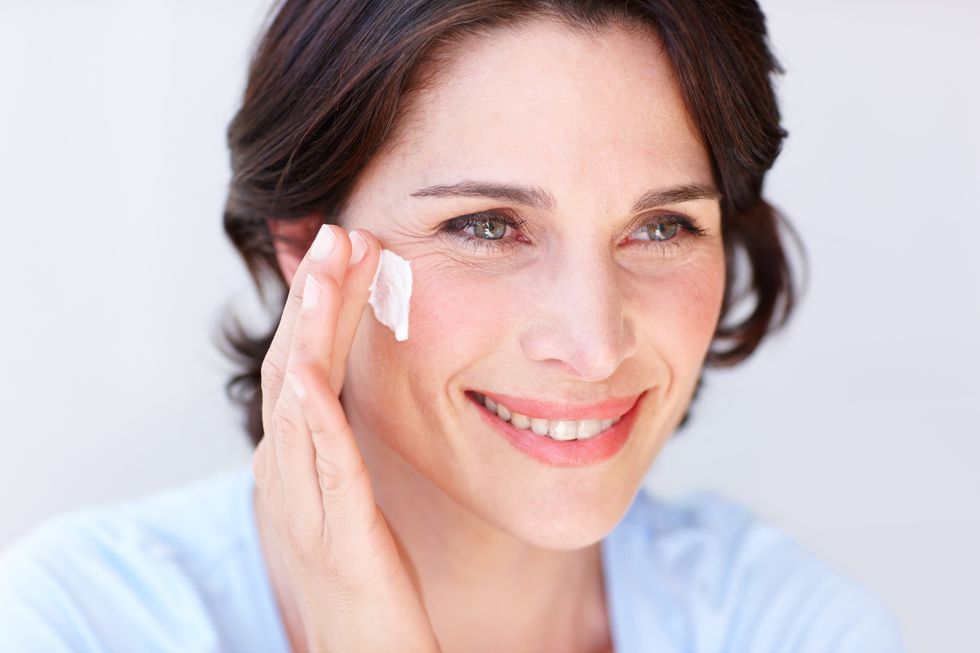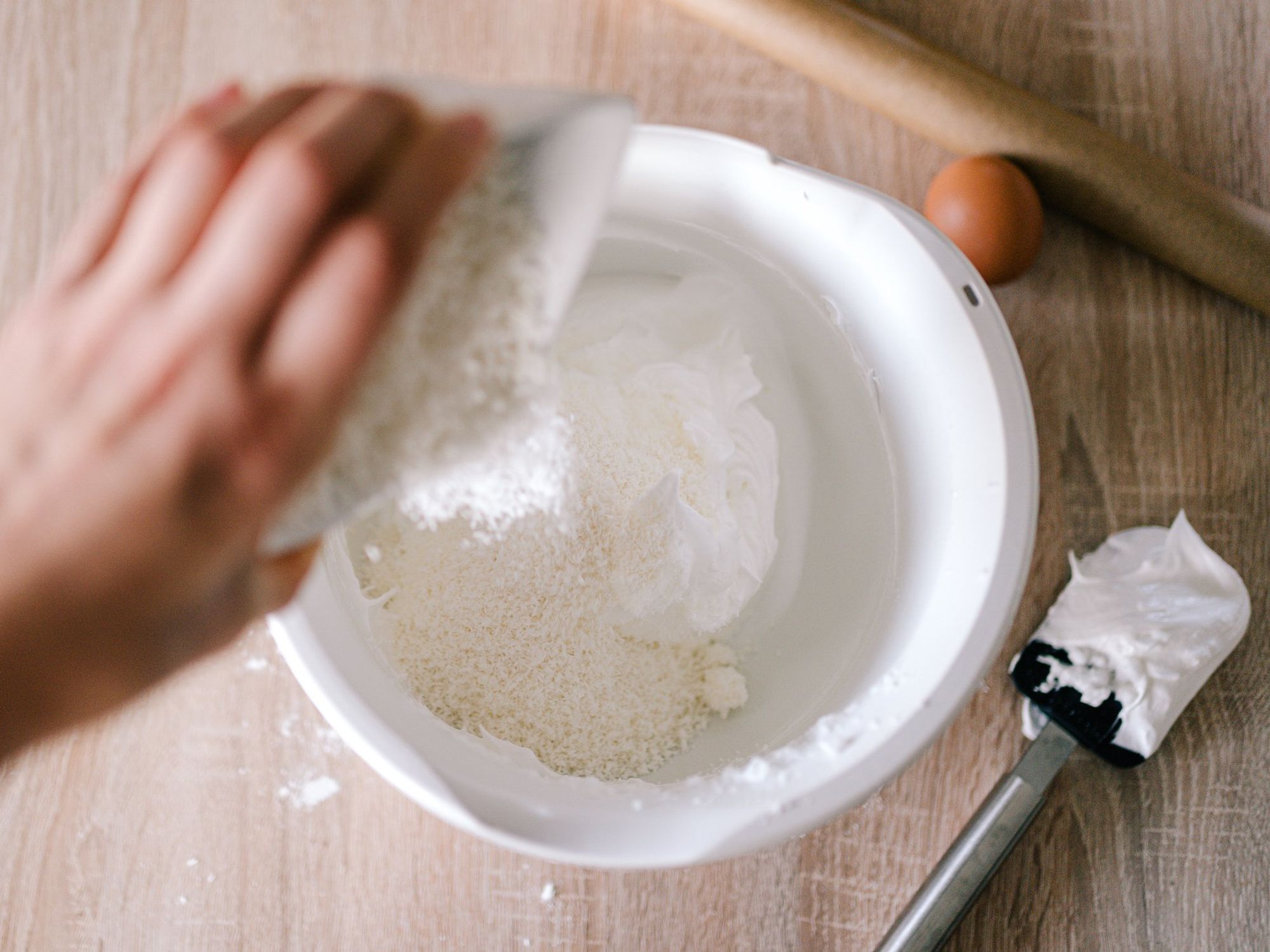Why today's clock change could negatively impact your skin – and exactly how to stop it

As October 26 threatens less sunshine, colder temperatures, and a disrupted sleep pattern, beauty enthusiasts may want to elevate their skin care routines and lifestyle habits
Don't Miss
Most Read
This morning's clock change might affect more than just your sleep schedule, according to a leading medical professional.
It turns out the shift to winter time on October 26 could have surprising consequences for your skin, said GP and senior clinical advisor Dr Donald Grant.
The expert warned that turning the clocks back brings a triple threat to skin health.
It's not just about losing an hour of daylight – the combination of less sunshine, colder weather, and disrupted sleep patterns can all leave your complexion struggling.
TRENDING
Stories
Videos
Your Say
In conversation with The Independent Pharmacy, Dr Grant explained that while gaining an extra hour in bed sounds lovely, the seasonal transition can trigger everything from dryness and flakiness to acne breakouts.
The shorter days mean our bodies produce far less vitamin D, which is "crucial for skin health in so many ways".
Without enough of this vital nutrient, skin loses its ability to maintain a strong protective barrier and repair itself properly. It becomes "flaky, less hydrated, and more easily irritated".
The cold autumn air makes matters worse by stripping moisture from skin, leaving it vulnerable to dryness.

Our bodies produce less vitamin D during shorter days, so top up your levels with supplements
| GETTYDr Grant warned that this can trigger flare-ups for anyone with eczema or psoriasis.
Beyond weather concerns, even that extra hour in bed disrupts our body clocks.
Since the skin does most of its regeneration between 10pm and 2am, the time shift can interfere with this natural repair process, potentially causing breakouts and puffiness.
To combat these struggles post-October 26, Dr Grant advised taking over-the-counter vitamin D supplements to counteract the deficiency.
LATEST BEAUTY TIPS AND TRICKS:

'Even if it's grey or cold outside, UV rays can still pierce cloud coverage'
|GETTY
In terms of skin care, a good moisturiser is essential for protecting against the harsh weather.
For a beautiful complexion in autumn and winter, he particularly recommended products that "help maintain the skin's natural barrier and provide long-lasting hydration".
"The time change corresponds with a noticeable shift into colder climates," Dr Grant notes, explaining that this makes skin more prone to dryness and flakiness.
For those with existing skin conditions, he warned that the seasonal change could increase the likelihood of uncomfortable flare-ups without proper protection.
Dr Grant's winter skin survival guide includes some surprising advice. "Even if it's grey or cold outside, UV rays can still pierce cloud coverage," he warned, recommending SPF 30 or higher.
Central heating poses another challenge, drying indoor air and dehydrating skin. A humidifier can help combat this, though the expert suggested keeping temperatures moderate.
Simple habits make a difference, too. According to the doctor, adequate hydration is key – so drink lots of water and stock up on foods like cucumber and citrus fruits, as these have high water content.
Getting seven to nine hours of quality sleep also allows skin to repair itself properly overnight.
Our Standards: The GB News Editorial Charter










